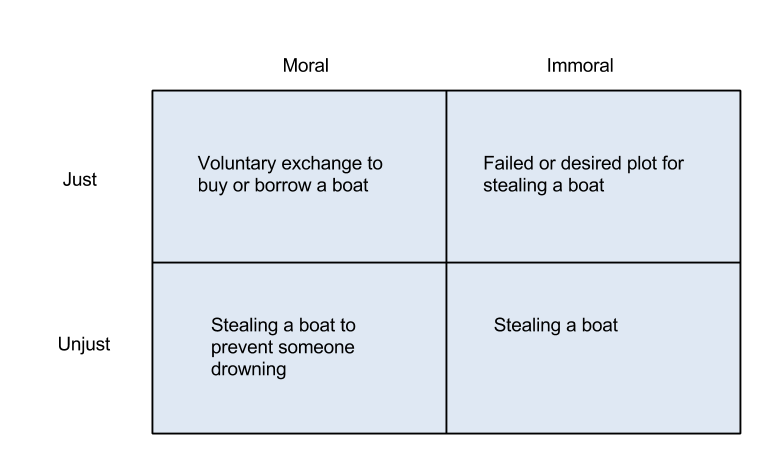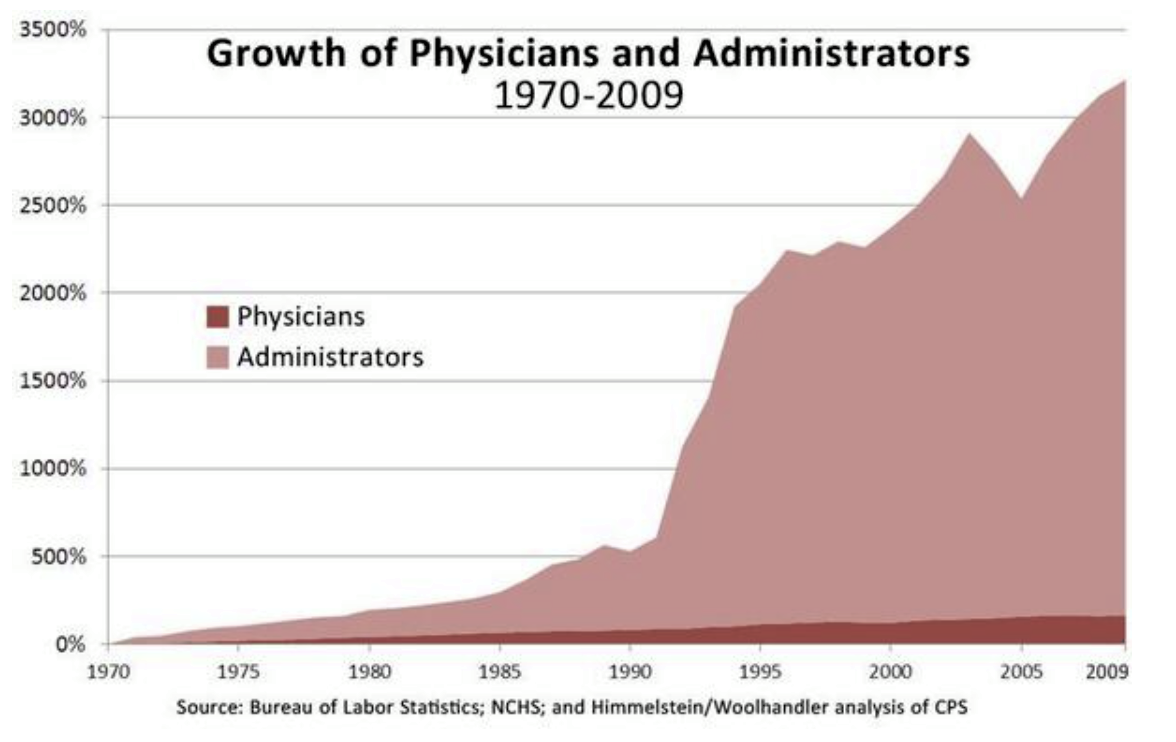Here’s a relationship I’m exploring right now:
The amount you learn is proportionate to the amount you risk.
I’m not sure if it’s universally valid. There are probably exceptions. Still, the more I think about it the more I like it.
It’s important to note that “risk” is subjective. An increase in risk is an increase in the probability and/or magnitude of a result that forces you to do something you’d prefer not to. Risk can be material, emotional, physical, or psychological.
If you work for an established, large corporation you will learn things. If you work for an early stage startup you will learn more things. If you start your own company you will learn even more. Each stage ratchets up the risk, in this case financial and social (status loss in event of failure), and the learning goes with it.
Physical risk seems to follow the same pattern. To learn new moves on the court or field you have to be willing to try them. Each new move has an increased risk of failure or even injury. Adventure athletes can probably attest to this at the most extreme, where loss of life is a legitimate risk the physical and mental knowledge gained is likely tremendous.
Even in pure intellectual pursuits I expect this is true. Sitting and reading or contemplating seems an inherently riskless activity but it’s not. What you can learn is limited by what you explore, what questions you’re willing to ask, and how far you’re willing to go for answers. If you safely examine comfortable, socially acceptable ideas you may learn a few things. But the real learning comes when you push yourself and explore things with potentially risky ramifications. If your beliefs were to change how uncomfortable would it make you?
This doesn’t mean intellectual risk taking is simply reading people diametrically opposed to your own views. This is one of the least risky things to do. More likely it involves reading someone reasonable with a number of foundational beliefs in common but with some unexpected angle or paradigm you’ve never considered. Imagine a knowledgeable libertarian, for example, reading a radical socialist. Not very risky. It’s easy to predict what will be argued and responses are already at hand. It’s riskier for a libertarian to read an anarchist who builds on the same foundation but extends the ideas into more radical territory – territory that might make one seem “impractical” at cocktail parties.
So what does it mean if the more you risk the more you learn?
The conclusion shouldn’t be that more risk is inherently good. We all love the word “learning” but there is nothing inherently good about learning either. Don’t necessarily feel guilt for not risking and therefore learning more. There are plenty of instances where reducing risk, and therefore learning, is the better path. I’m sure if I played chicken with an oncoming car I’d learn a lot about myself that couldn’t be learned any other way. Doesn’t mean I should do it. I’m not sure knowledge helps if you’re dead (then again, how can I know without trying…)
But I think there are some valuable implications to the risk/learning relationship. If you know your own goals and are honest about them it can help you make decisions. If you place a tremendously high value on learning something in particular you might consider higher risk situations that will impart a higher level of knowledge.
This is related but (I think) a little bit different than Nassim Taleb’s powerful concept of “skin in the game“. Skin in the game is about getting more value out of the decisions you do make by being more invested in the outcome, whereas the risk/learning relationship is perhaps slightly broader and has implications for the kind of decisions you make in the first place.

